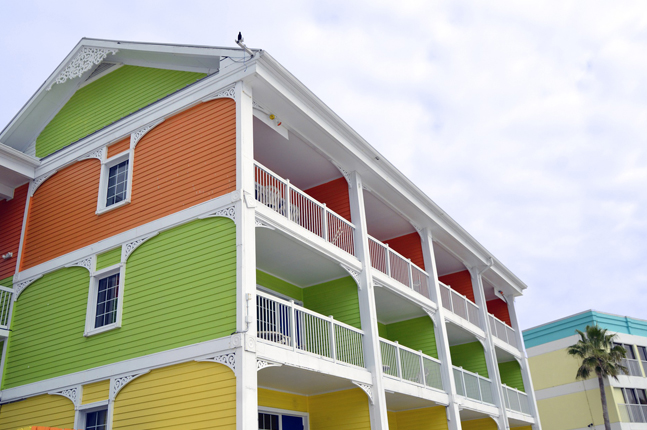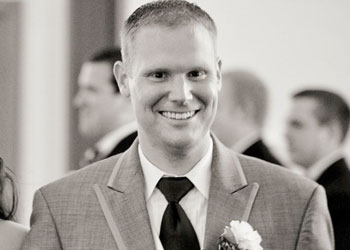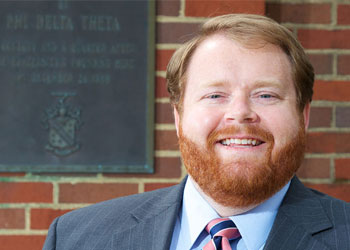By Dr. Bobby Fong – President of Butler University
In 2009, the Phi Delta Theta Fraternity re-installed a local chapter at Butler University. That fall saw the opening of a refurbished “Castle,” which had served as home to the chapter since 1929. The Fraternity’s return, however, also was accompanied by a new commitment to alcohol-free housing.
As president of Butler University, I know that alcohol abuse remains a major problem on university campuses. In the 2007 report Wasting the Best and the Brightest, published by the Center on Addiction and Substance Abuse at Columbia University, over 40% of college students surveyed had engaged in binge drinking. Within the fraternity and sorority population, however, the incidence of reported binge drinking was 67%.
Alcohol abuse in Greek life has been associated with hazing, deterioration of living facilities, rising insurance costs, injuries, sexual assaults, and death. The anticipated benefits of an alcohol-free housing environment include a renewed focus on friendships, academic achievement, leadership development, and service opportunities.
The Indiana Gamma Chapter of Phi Delta Theta at Butler has asserted that their house is not a bar but a home where students live in an environment that enables academic success and brotherhood. The members seek to excel as campus leaders. Their success will lead to better recruitment and retention of brothers, revitalization of alumni involvement in the chapter, and an improved public image for Greeks.
This past year, in celebrating the 150th anniversary of its founding at Butler, the Chapter was recognized for its LEED-certified building renovation, won the university’s Student Government Association Legacy Award for being the organization that made the biggest impact on campus, and had one of its alumni leaders, Phillip S. Kappes, honored with the Phi Delta Theta Legion of Merit.
I commend the Indiana Gamma Chapter for its auspicious beginning and look forward to its continuing success in implementing an alcohol-free housing policy as a cornerstone for encouraging members to embody academic distinction, servant-leadership, and lifelong friendship leavened by the qualities of confidence, honesty, and reliability.
May other national fraternities look to this alcohol-free housing policy as a model that could help change the binge-drinking culture on college campuses across the country.
Dr. Fong’s blog post is part of a series to celebrate Phi Delta Theta’s Brotherhood: Our Substance of Choice campaign, a 10-year celebration of alcohol-free housing. Read the white paper, written by Dr. Edward G. Whipple, Past President of Phi Delta Theta and Vice President for Student Affairs at Bowling Green State University, recapping 10 years of alcohol-free housing.





